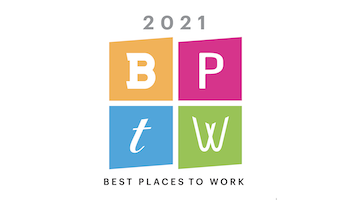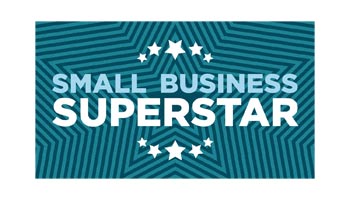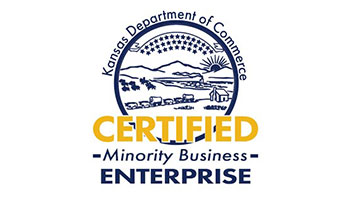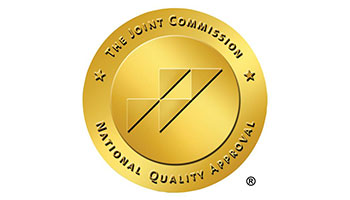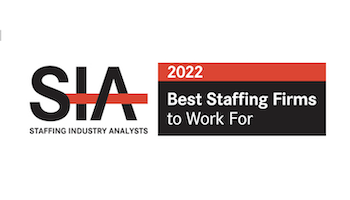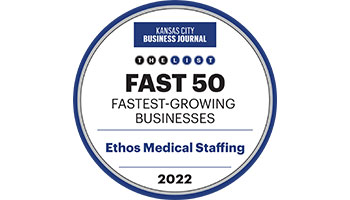By Kelly Gordon, RN, BSN, MA, CRNA
It’s not news that the world has been forever changed by the pandemic. From lives lost and changes in facility protocol to the shuttering of restaurants and businesses, 2020—and much of 2021—has transformed our world.
One thing that’s remained a constant is the gig economy. Companies like Uber and DoorDash were thriving prior to the pandemic are still alive and well, making a strong case for 1099 employment nationwide. However, contract employment isn’t just limited to the roadways, and it can offer great opportunities for travel nurses and CRNAs (Certified Registered Nurse Anesthetists).
What’s the difference between W-2 and 1099?
Outside of the obvious form differences, there are some key distinctions the IRS looks for when determining whether someone is a 1099 or W-2. Intuit QuickBooks explains:
“1099s and W-2s are the tax forms employers use to report wages and taxes withheld for different workers. 1099 workers are also known as self-employed workers or independent contractors. These workers receive a 1099 form to report their income on their tax returns. W-2 workers are also known as employees. Your company employs these workers directly, and they receive regular pay and employee benefits. You’ll use a W-2 tax form to report annual compensation and payroll taxes withheld from their compensation.”
The same applies to the health care industry. Just as facilities employ full-time W-2 nurses and CRNAs and 1099 contract employees, travel agencies can offer similar opportunities. Each tax status comes with its own pros and cons, and as facilities are changing their policies and packages in the wake of the pandemic, it’s important to know your options.
Schedule flexibility
As a travel nurse or CRNA, you gain the ability to create a schedule that works for you, whether that’s a couple days per month or a months-long contract. That’s right: No more peel off schedules, and no more call, weekends or holidays unless otherwise requested. Those who’ve worked full-time in facilities know how hard it can be to secure time off, but with Ethos you can simply request the day off and with enough notice, we’ll make it happen.
Financial autonomy
Ethos gives you the option to remain a W-2 employee or to transition to 1099 status. As a provider of locum tenens services, you would be classified as an independent contractor, and financially savvy anesthesia contractors can maintain more control over their money management. Our team offers concierge services to help you gain your articles of incorporation, set up your operating agreement and navigate quarterly tax and payroll options, and many enjoy increased tax deductions and added benefits by making the switch.
Improved lifestyle
The transition to 1099 employment is more than just a change in tax status, it’s a change in lifestyle. By gaining autonomy of how and when you work, you can achieve the work-life balance you’ve been searching for, whether that includes being home with family more consistently or finding time to travel the world.
Robust relationships
We’re proud of our reputation in the industry. Our team sports strong connections with major facilities across the country, and as needs arise, we’re proud to be their first phone call to fill contracts.
But these relationships aren’t limited to facilities. Founded by travel nurses for travel nurses, we take care of our nurses because we know what it’s like to be in your shoes. Our recruiters are available day or night to tend to your needs.
While we may not be able to help you find a Lyft, we’re ready to help you navigate locum tenens and contract work opportunities, serving as your advocate every step of the way. At Ethos, you’re never just another number because your path is our purpose.
Kelly Gordon, RN, BSN, MA, CRNA, is co-owner and Chief Anesthesia Officer of Ethos Anesthesia Services, a sister company of Ethos Medical Staffing. Kelly is dedicated to empowering CRNAs in their exploration and pursuit of adventure, opportunity and service. You can connect with Kelly on LinkedIn or on Facebook.


